Top Class Actions’s website and social media posts use affiliate links. If you make a purchase using such links, we may receive a commission, but it will not result in any additional charges to you. Please review our Affiliate Link Disclosure for more information.
Amazon recently told a California federal judge that consumers must be required to arbitrate their price gouging class action lawsuit claims individually.
Plaintiffs Mary McQueen and Victoria Ballinger previously filed a class action lawsuit against Amazon, claiming the online retailer violated California law by price gouging essential items.
However, the retail giant recently clapped back against these allegations, arguing that the plaintiffs must resolve their claims through individual arbitration.
According to Amazon, both McQueen and Ballinger agreed to arbitration when they registered their accounts in 2015 and 2017, respectively. The retail company argues that they agreed to Amazon’s conditions of use, which included an arbitration clause.
The arbitration clause reportedly states: “Any dispute or claim relating in any way to your use of any Amazon Service, or to any products or services sold or distributed by Amazon or through Amazon.com will be resolved by binding arbitration, rather than in court.”
“Plaintiffs’ theory that COVID-19 effectively forced them to purchase these products from Amazon.com, rendering the arbitration agreement unconscionable, fails because unconscionability is determined at the time of contracting, and both plaintiffs agreed to arbitration years before the COVID-19 crisis,” Amazon wrote in their motion.
The retailer notes that the plaintiffs were required to accept these terms before making an account, as well as every time they purchased a product from Amazon. As such, the process is reportedly enforceable.
In their motion to compel arbitration, Amazon rejected the plaintiffs’ previous arguments against arbitration. The plaintiffs, anticipating that Amazon would attempt to compel arbitration, argued that the provisions of the arbitration clause are rendered unconscionable retroactively due to the coronavirus pandemic.
However, Amazon argued that this was untrue since unconscionability of an agreement is determined at the time that the agreement is signed, rather than a later time.
“Plaintiffs agreed to arbitration in 2015 and 2017, years before any alleged ‘duress’ associated with COVID-19 arose,” Amazon argued.
The retailer concluded their arbitration motion by arguing that the court should compel arbitration in the case and dismiss the Amazon price gouging class action lawsuit as “none of the plaintiffs’ claims belongs in court.”
“Amazon’s consumer-friendly arbitration clause, designed for speedy and efficient resolution of claims arising from customers’ purchases, is fully enforceable,” Amazon concluded.
McQueen and Ballinger filed their Amazon price gouging class action lawsuit in April, claiming that the retailer charged unlawful prices which were increased by nearly 700% in certain cases. The plaintiffs argued that these price increases were “flagrantly unlawful” under California law – which limits increased prices to 10%.
The plaintiffs provide several examples of pandemic-related items which were allegedly subject to unlawful price gouging. The price of face masks allegedly rose from under $20 to $120 – a price increase of 500%. Cold remedies which previously sold for $4.65 allegedly experienced 674% increases after being priced at $35.99. Black beans – a popular non-perishable item during the pandemic – reportedly increased from $3.17 to $24.50, a 672% increase.
However, items not related to the coronavirus outbreak were also subject to unlawful price increases, the women claim. For example, McQueen allegedly paid $6.74 for a Sally Hansen Hair Remover Kit which used to be priced at $4.75. Similarly, Ballinger allegedly purchased a Mary Kay cleanser for $14.47, despite the product previously costing $9.60.
The plaintiffs say the items they purchased “could not be obtained (or obtained safely) from other retail outlets, including brick-and-mortar stores in her vicinity” and that they “saw no meaningful choice but to purchase it from Amazon.” However, in their motion to compel arbitration, the retailer argued that McQueen and Ballinger were not forced to purchase their products from Amazon because many retailers offered the same products at the time of purchase.

“COVID-19’s rapid spread and the very real threat of a widespread quarantine, have caused a run on various personal hygiene products, such as disinfectant wipes, hand sanitizer and toilet paper,” the Amazon class action lawsuit claimed.
“Unfortunately, retailers, such as [Amazon], are preying upon the public’s fear of a surging epidemic and using COVID-19 as an opportunity to pad profits by way of unlawful price increases.”
Were you forced to pay high prices for essentials during the COVID-19 pandemic? Share your experiences in the comments section below.
The consumers are represented by Steve W. Berman, Ben M. Harrington and Benjamin J. Siegel of Hagens Berman Sobol Shapiro LLP.
The Amazon Price Gouging Class Action Lawsuit is Mary McQueen, et al. v. Amazon.com Inc., Case No. 4:20-cv-02782, in the U.S. District Court for the Northern District of California.
Join a Free Coronavirus Class Action Lawsuit Investigation
If you believe your rights were violated in a way that is directly related to the coronavirus pandemic, you may qualify to join this coronavirus class action lawsuit investigation.
ATTORNEY ADVERTISING
Top Class Actions is a Proud Member of the American Bar Association
LEGAL INFORMATION IS NOT LEGAL ADVICE
Top Class Actions Legal Statement
©2008 – 2024 Top Class Actions® LLC
Various Trademarks held by their respective owners
This website is not intended for viewing or usage by European Union citizens.

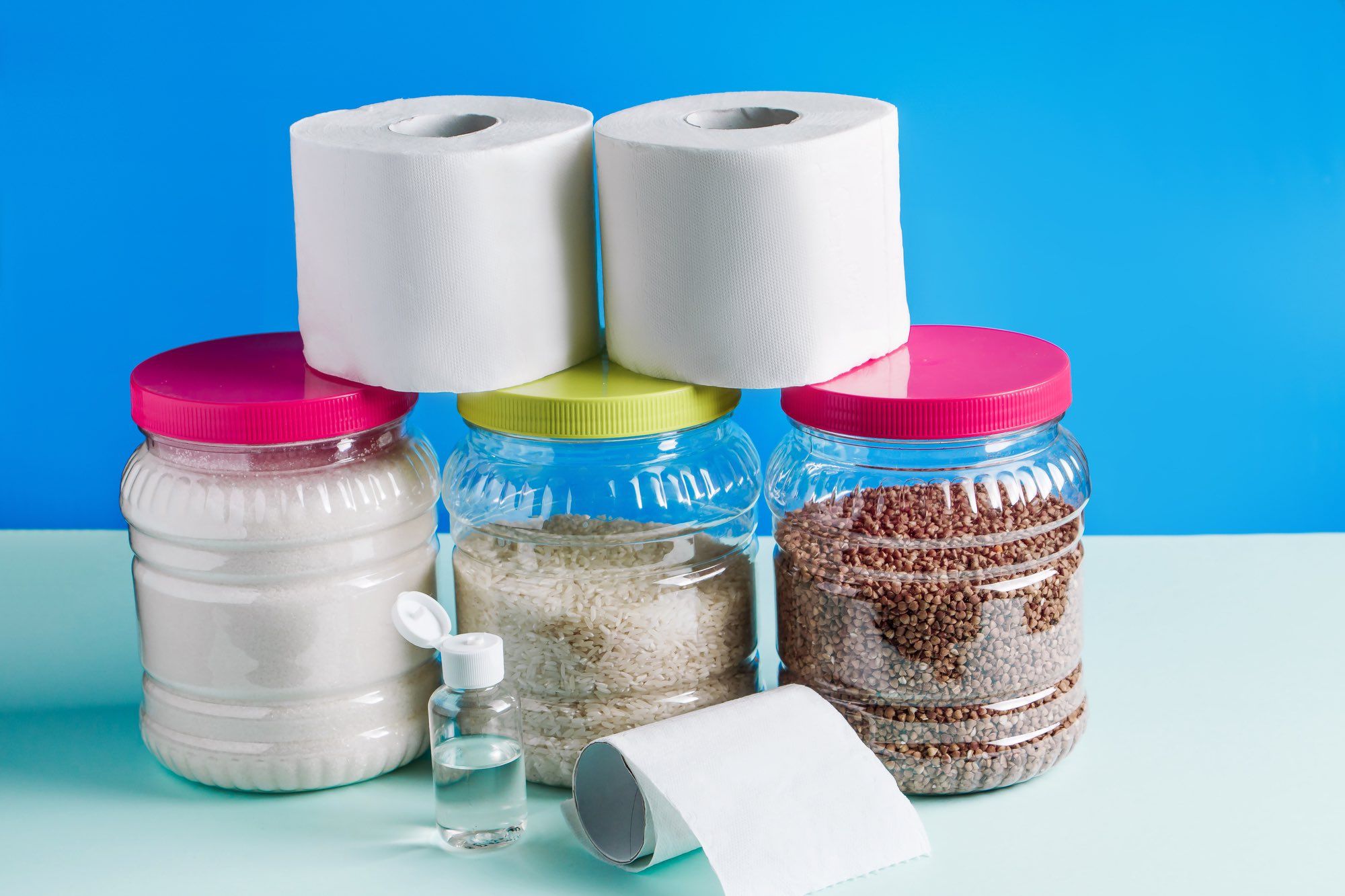



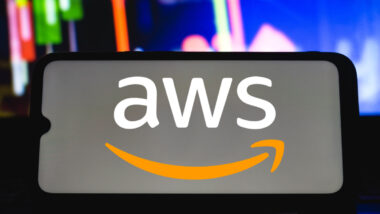
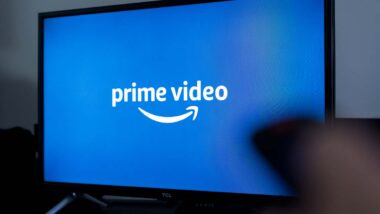

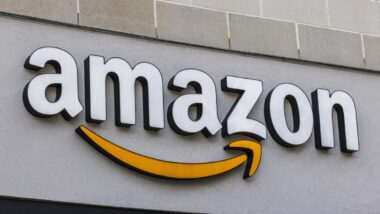

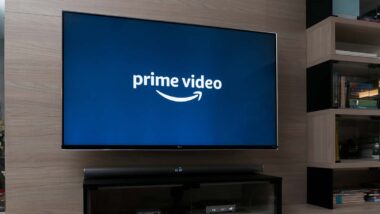

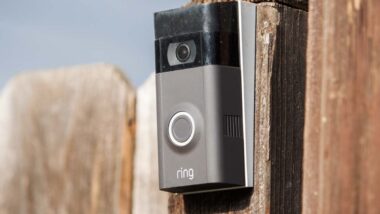



39 thoughts onAmazon Fights Coronavirus Price Gouging Class Action Lawsuit
Other necessary items, such as pet food and kitty litter has been price gouged too! A single can of Friskies wet food., 5.5 oz which normally sells for 50 to 65 cents during the height of the pandemic, priced at $20 or more – for one can. A 24 can case of Friskies turkey & cheese shreds, in January 2021 (sold & shipped by Amazon) was $12.96 + tax – today (7-13-21) I checked the price for a 24 can case but it is now $34.75 + tax per same 24 can case, and Amazon is selling only 6 Cans (same brand/flavor) for $16.83! (on sale – was $19.57!) That is a cost of $2.80 per can! For those of us who care for multiple cats (we have 25 rescues) and spend an average of $350/mo on just food and kitty litter, this is a crime, especially when all other stores may be sold out – and you have no other option than to order items from amazon.
Yes add me please
My daughter was at home pregnant and then gave birth to my granddaughter during which time she was and is still an active Amazon Prime shopper for all items including household and otherwise. She did not go anywhere due to the coronavirus and shopped solely on Amazon prime during the coronavirus pandemic while also becoming pregnant and giving birth to my grandson her Amazon prime shopping from home increasedExponentially when different variants had came out. Personally I worked at Fed-Ex during that time at pandemic broke out and the amount of packages that were being ordered online spiked to exceeding regular holiday shopping volume.
I experienced this
Yes please help us.
Everything was priced crazy!